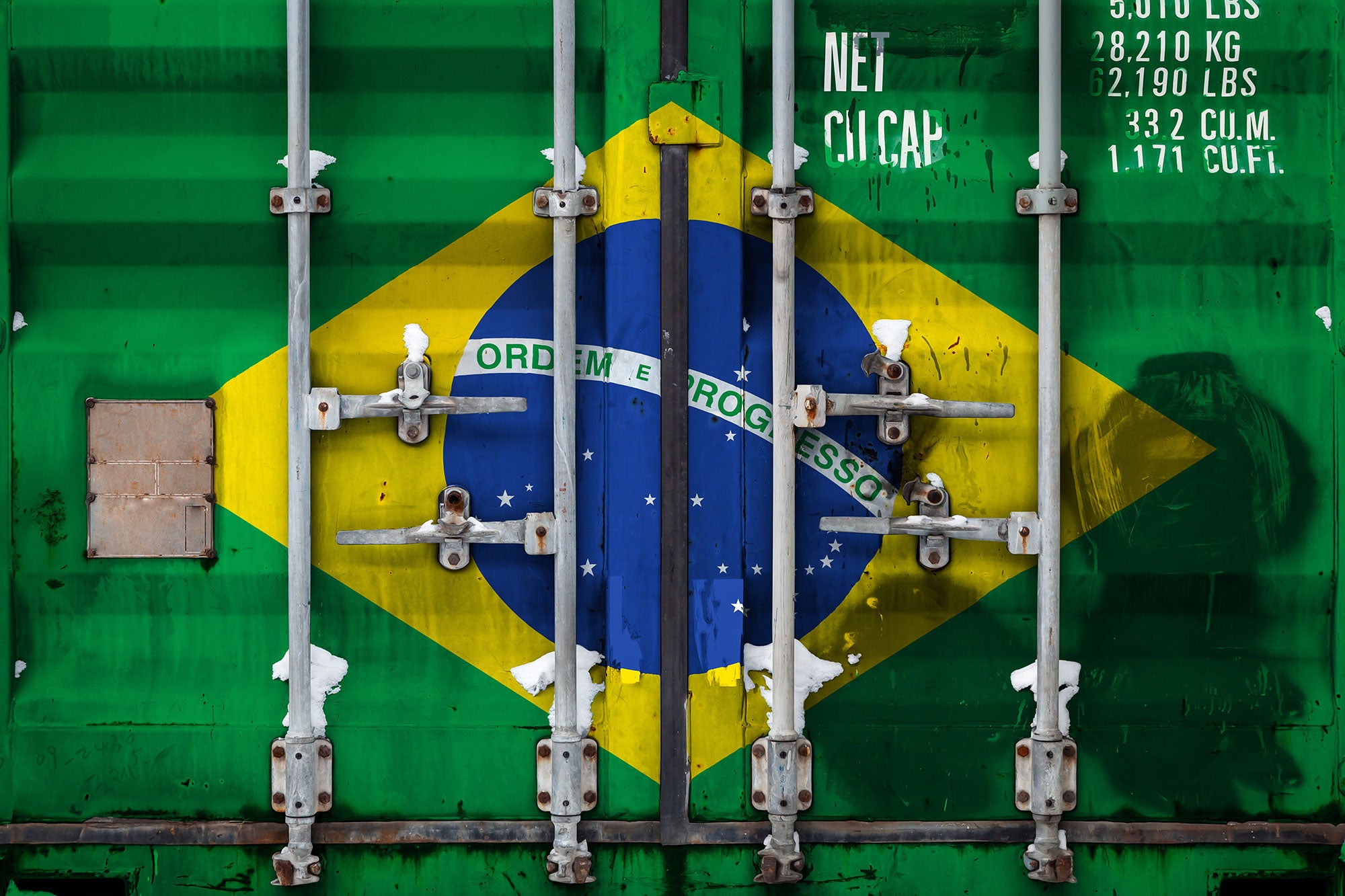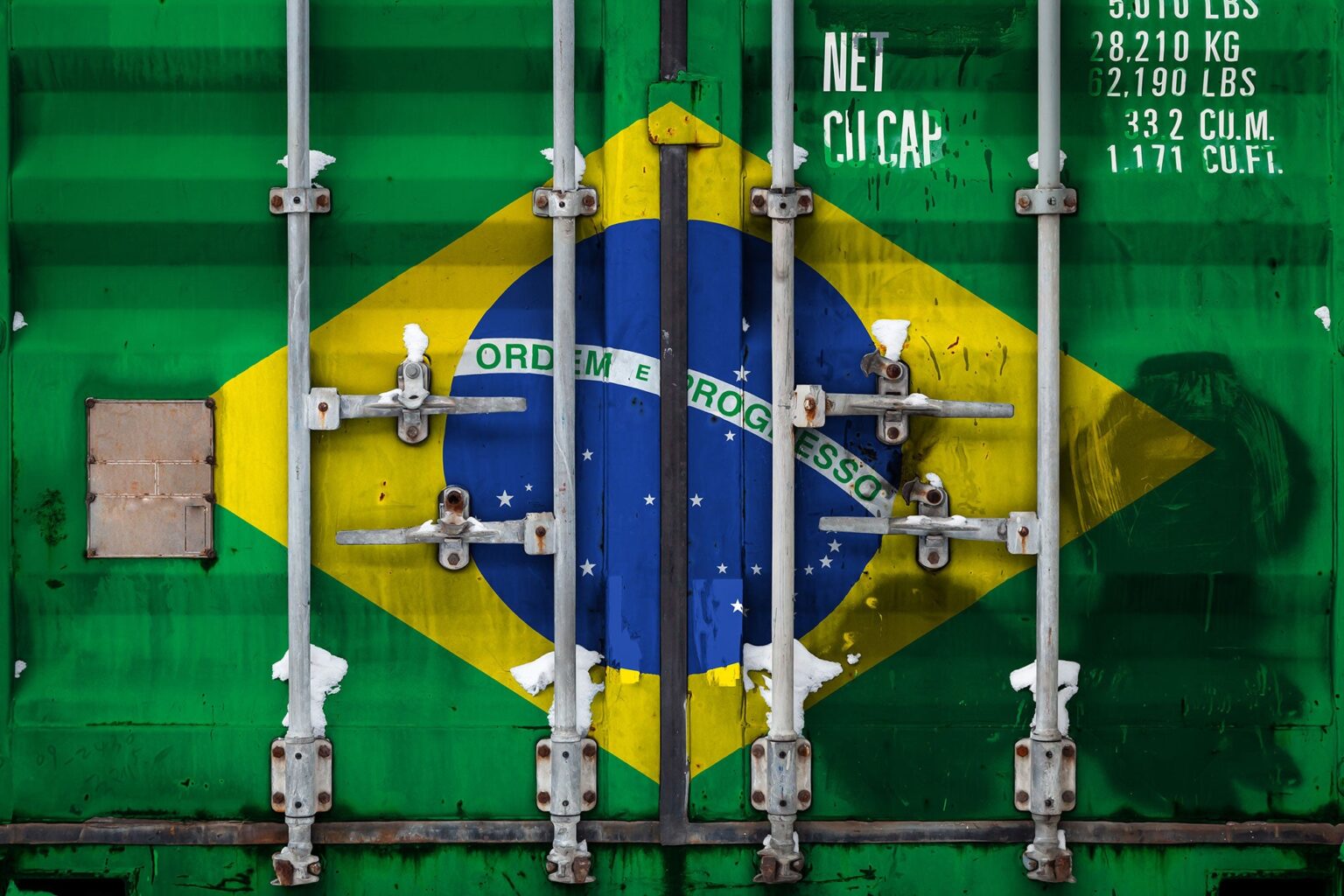DAILY Bites
-
Canada tariff raised to 35%: President Trump cited a national emergency over fentanyl trafficking to justify raising tariffs on Canadian imports not covered by USMCA, effective August 1, with transshipped goods facing a 40% penalty.
-
Brazil faces 50% beef tariff: The U.S. imposed a 50% tariff on Brazilian goods including beef, threatening $1 billion in trade losses and driving concerns of rising U.S. beef prices.
-
Countries like Japan, South Korea, and the EU secured lower tariff hikes (to 15%), but benefits to U.S. agriculture remain unclear as trade deal details are sparse.
DAILY Discussion
Escalating his promised trade agenda, President Donald Trump signed a new executive order on Thursday. The order includes tariff increases on a broad array of U.S. trading partners, including a sharp increase on Canadian and Brazilian goods.
Tariffs on Canadian imports hiked from to 35 percent from 25 percent, effective August 1, 2025. The White House justified the increase under the International Emergency Economic Powers Act, citing a national emergency related to the flow of fentanyl and synthetic drugs across the northern border.
“Canada has failed to cooperate in curbing the ongoing flood of fentanyl and other illicit drugs,” the White House stated, accusing Canadian authorities of failing to arrest traffickers, seize drugs, or coordinate with U.S. law enforcement. “President Trump has found it necessary to increase the tariff … to effectively address the existing emergency.”
While goods covered under the USMCA will remain exempt, any transshipped goods meant to evade tariffs will face a 40 percent penalty. The administration alleges that Canada-based trafficking groups operate “super labs” capable of producing 44 to 66 pounds of fentanyl per week, and that seizures at the U.S.–Canada border this year alone could have resulted in over 16 million deaths due to the drug’s potency.

At the same time, Brazil is facing a 50 percent tariff on most exports to the U.S., including beef, as part of a separate executive action. Reuters reports that the Brazilian Beef Exporters Association (Abiec) projects $1 billion in potential losses.
“Sales to the U.S. will become inviable,” said Abiec President Roberto Perosa, noting that exporters had planned to ship 400,000 metric tons of beef to the U.S. by year-end.
Brazil sent 181,000 metric tons worth $1 billion in the first half of 2025 alone — a 113 percent volume increase year-over-year — much of it used in hamburger production amid tight U.S. cattle supplies. Perosa warned that U.S. consumers may soon see beef inflation spike further, saying, “No market can immediately replace the U.S. based on the sheer volume and price it offers.”
Elsewhere, countries that struck deals to avoid harsher penalties — including Japan, South Korea, and the European Union — will see tariffs rise modestly to 15 percent, while countries like India and Cambodia face rates of 25 percent and 20 percent, respectively. Those with minor trade deficits, including Norway, New Zealand, and Israel, received a 15 percent flat rate, according to Agri-Pulse.
While the White House touts these moves as protecting American workers and addressing national security threats, U.S. agricultural groups are still waiting for clarity on what, if any, benefits these trade shifts will bring for farmers and exporters.
Meanwhile, Canada’s political leaders are pushing back. Ontario Premier Doug Ford posted on X, “Canada has what the United States needs … Now is not the time to roll over. We need to stand our ground.”
Canada shouldn’t settle for anything less than the right deal. Now is not the time to roll over. We need to stand our ground.
The increase in U.S. tariffs to 35 per cent is concerning, especially with tariffs still in place on steel, aluminum, autos, forestry and now copper.…
— Doug Ford (@fordnation) July 31, 2025
The Trump administration insists these actions are part of a broader promise to restore law and order at the border. “President Trump is keeping his promise to stop the flood of illegal aliens and drugs into the United States,” the White House said in its release.
»Report: Low cattle inventory drives continued high beef prices


